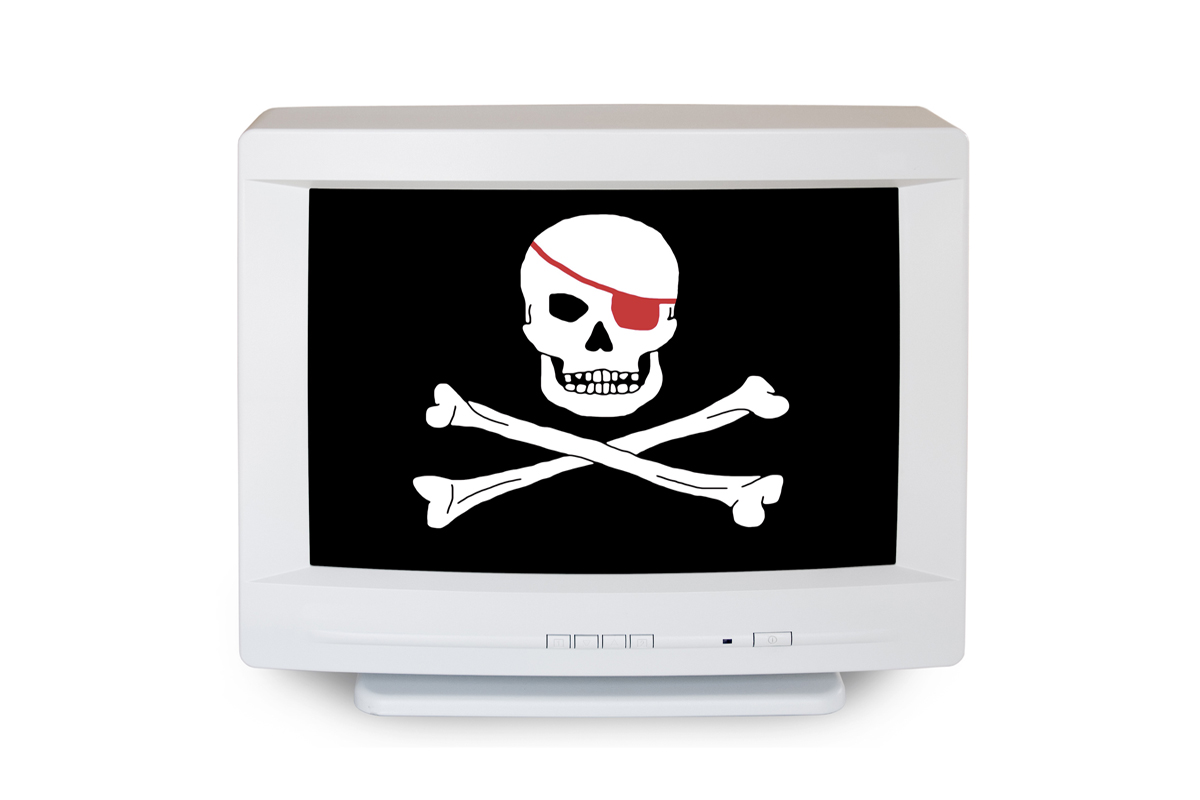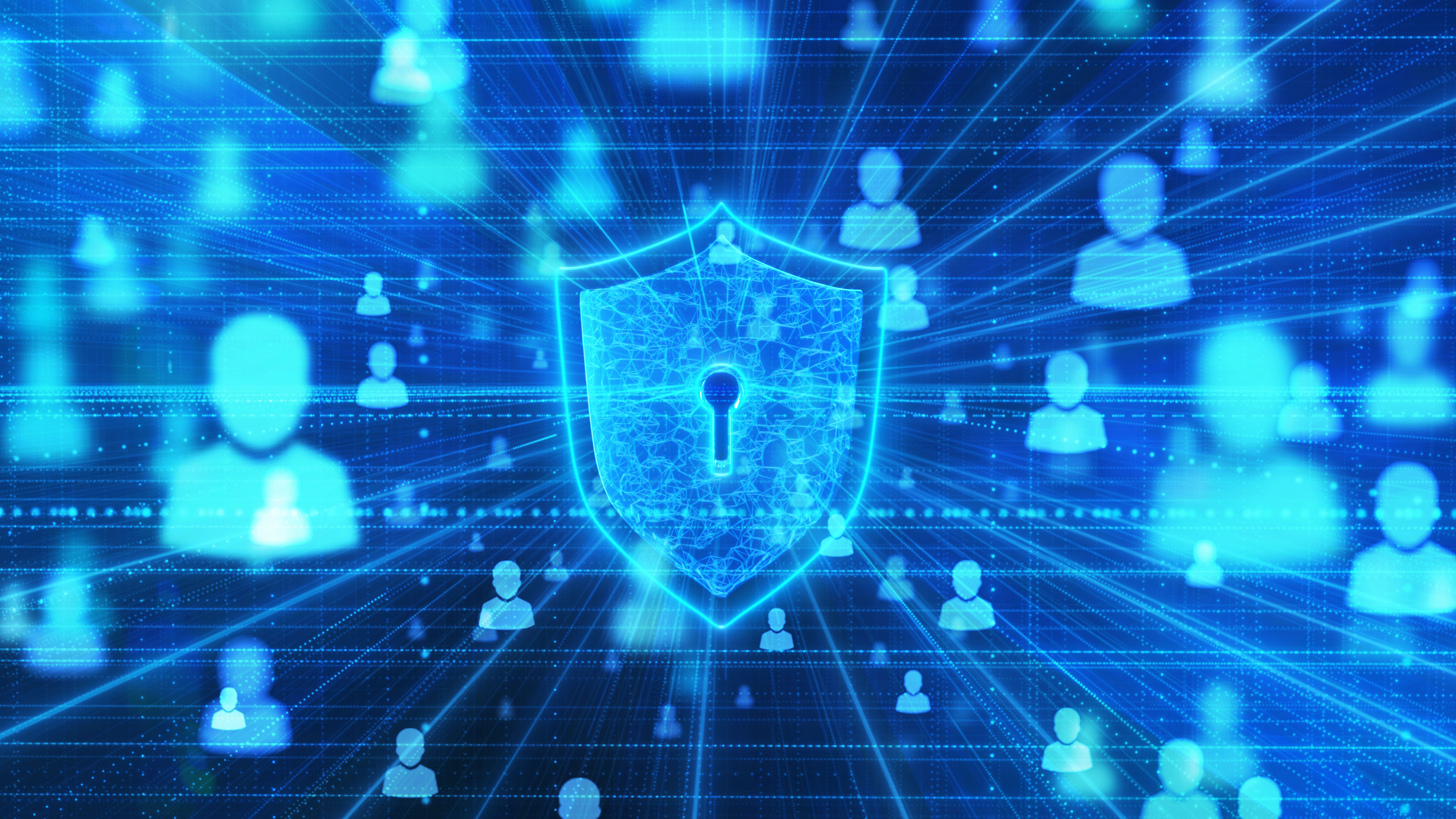BSA calls for tougher IP theft laws
New BSA report suggests software theft has an economy wide affect and harsher IP penalties are needed.

Tougher financial penalties should be dished out to those who steal intellectual property (IP), according to the Business Software Alliance (BSA).
The current legislation does not go far enough to deter would-be IP thieves, the BSA has claimed, urging Government to make changes.
Global software piracy grew by 14 per cent hike during 2010, according to BSA figures published as part of its Global Software Piracy Study.
The research, carried out in partnership with analyst firm IDC suggests unlicensed software worth 1.2 billion was installed across the UK last year.
"The current damages law isn't tough enough to deter those businesses that still think it is acceptable to use unlicensed software. The Ministry of Justice acknowledged this in 2007, suggesting this issue would be addressed, but no progress has been made to date," said Sarah Coombes, senior director of legal affairs for the BSA in Europe, the Middle East and Africa (EMEA).
"Legislation that strengthens the availability of court awarded damages would act as a deterrent for those that continue to use illegal software. The UK IT industry is a dynamic sector that supports almost 600,000 high-skill, high salary jobs and contributes billions of pounds in taxes each year, and we need tougher IP laws to protect it."
The finger of blame has been pointed towards emerging economies, whose fast-growing PC shipment numbers have not helped the situation.
Get the ITPro daily newsletter
Sign up today and you will receive a free copy of our Future Focus 2025 report - the leading guidance on AI, cybersecurity and other IT challenges as per 700+ senior executives
At a time when global awareness of IP rights is argued to be higher than ever, it appears that pockets of software piracy are still bubbling away. A survey of roughly 15,000 PC users in 32 countries conducted by Ipsos Public Affairs found that many users often fail to realise they are using unlicensed copies.
"The software industry is being robbed blind," said BSA president and chief executive Robert Holleyman.
"Nearly 36 billion worth of products were stolen last year - and the rates of theft are completely out of control in the world's fastest-growing markets. The irony is, people everywhere value intellectual property rights, but in many cases they don't understand they are getting their software illegally."
Holleyman suggests that software piracy is an economy wide issue that directly impacts businesses outside of the tech sector.
Highlighting the fact that all commercial entities need to rely on properly licensed versions of software to control their live production systems, he argues that those who are legit are being unfairly undercut when their competitors avoid overhead costs by effectively stealing.
The hard facts' uncovered by the 2010 BSA Global Software Piracy Study show that while PC shipments to emerging economies in 2010 accounted for more than 50 per cent of the world total, paid software licences in emerging economies accounted for less than 20 percent of global sales.
Media sources including the Financial Times and The Economist define the planet's emerging economies as regions including several Asia-Pacific and Latin American countries. Also singled out are nations such as China, South Africa, Taiwan and Mexico and here in Europe, Hungary and Poland are under the spotlight. But this list is by no means exhaustive.
"The software industry is doing everything it can to promote legal software use," Holleyman said. "We need governments to step up their efforts on this issue by supporting public education efforts, enacting and enforcing strong intellectual property laws and leading by example."
-
 Should AI PCs be part of your next hardware refresh?
Should AI PCs be part of your next hardware refresh?AI PCs are fast becoming a business staple and a surefire way to future-proof your business
By Bobby Hellard
-
 Westcon-Comstor and Vectra AI launch brace of new channel initiatives
Westcon-Comstor and Vectra AI launch brace of new channel initiativesNews Westcon-Comstor and Vectra AI have announced the launch of two new channel growth initiatives focused on the managed security service provider (MSSP) space and AWS Marketplace.
By Daniel Todd
-
 Starmer bets big on AI to unlock public sector savings
Starmer bets big on AI to unlock public sector savingsNews AI adoption could be a major boon for the UK and save taxpayers billions, according to prime minister Keir Starmer.
By George Fitzmaurice
-
 UK government targets ‘startup’ mindset in AI funding overhaul
UK government targets ‘startup’ mindset in AI funding overhaulNews Public sector AI funding will be overhauled in the UK in a bid to simplify processes and push more projects into development.
By George Fitzmaurice
-
 UK government signs up Anthropic to improve public services
UK government signs up Anthropic to improve public servicesNews The UK government has signed a memorandum of understanding with Anthropic to explore how the company's Claude AI assistant could be used to improve access to public services.
By Emma Woollacott
-
 The UK’s AI ambitions face one major hurdle – finding enough home-grown talent
The UK’s AI ambitions face one major hurdle – finding enough home-grown talentNews Research shows UK enterprises are struggling to fill AI roles, raising concerns over the country's ability to meet expectations in the global AI race.
By Emma Woollacott
-
 US government urged to overhaul outdated technology
US government urged to overhaul outdated technologyNews A review from the US Government Accountability Office (GAO) has found legacy technology and outdated IT systems are negatively impacting efficiency.
By George Fitzmaurice
-
 Government urged to improve tech procurement practices
Government urged to improve tech procurement practicesNews The National Audit Office highlighted wasted money and a lack of progress on major digital transformation programmes
By Emma Woollacott
-
 Government says new data bill will free up millions of hours of public sector time
Government says new data bill will free up millions of hours of public sector timeNews The UK government is proposing new data laws it says could free up millions of hours of police and NHS time every year and boost the UK economy by £10 billion.
By Emma Woollacott
-
 Online Safety Act slammed by rights groups as bill gains royal assent
Online Safety Act slammed by rights groups as bill gains royal assentNews The Online Safety Act has been described as a veiled attempt to secure access to encrypted messages
By Rory Bathgate